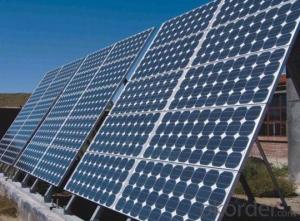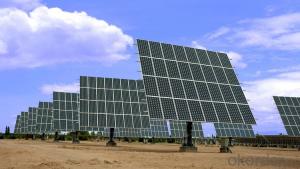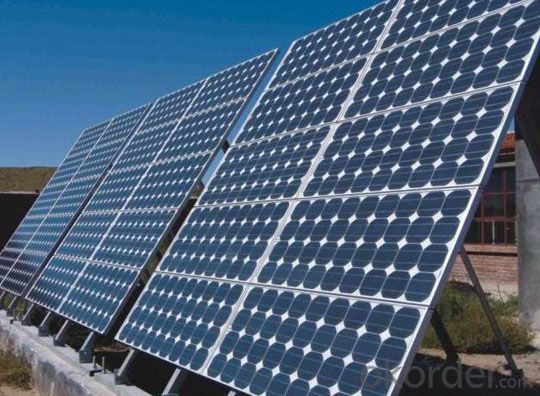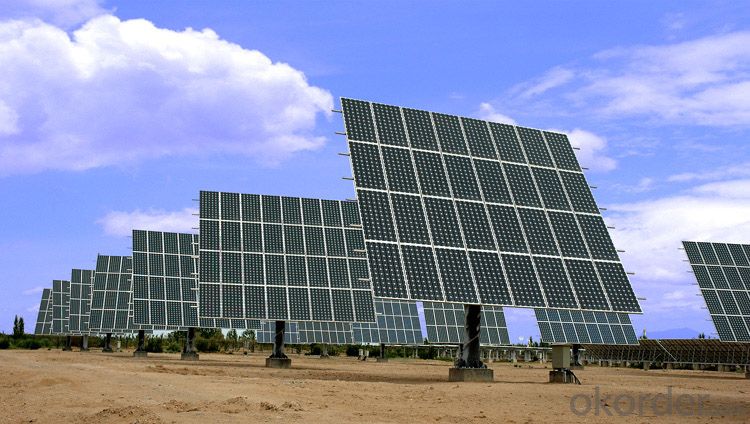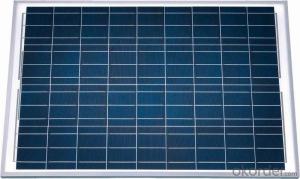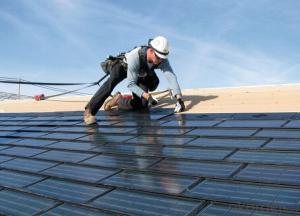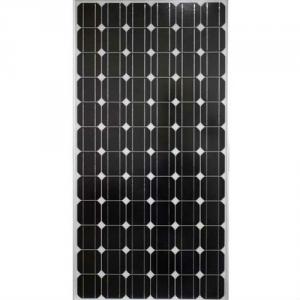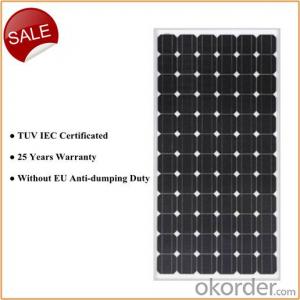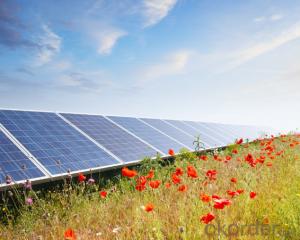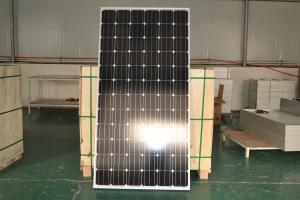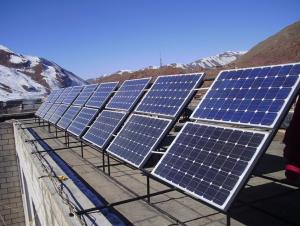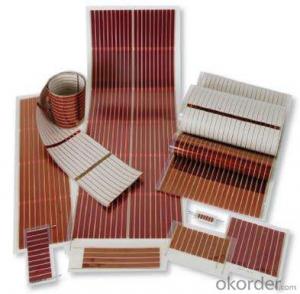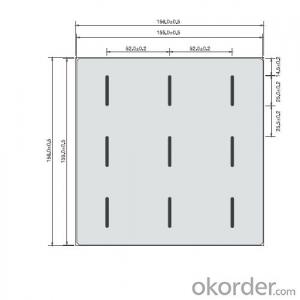6x6 Solar Cells Mono PV Solar Panel with IEC, TUV, CE, CEC 300W
- Loading Port:
- China Main Port
- Payment Terms:
- TT OR LC
- Min Order Qty:
- -
- Supply Capability:
- 10000000000000 watt/month
OKorder Service Pledge
Quality Product, Order Online Tracking, Timely Delivery
OKorder Financial Service
Credit Rating, Credit Services, Credit Purchasing
You Might Also Like
Quick Details
| Place of Origin: | Guangdong China (Mainland) | Brand Name: | sunshine | Model Number: | sy-280p |
| Material: | Polycrystalline Silicon | Size: | 1960*980*40mm | Number of Cells: | 72PCS |
| Max. Power: | 280W | VOC: | 36V |
Packaging & Delivery
| Packaging Detail: | Crate |
| Delivery Detail: | 30 |
Specifications
1, A grade solar cell
2,Life of 20-35 years
3,Super quality competitve price
4,International Standard
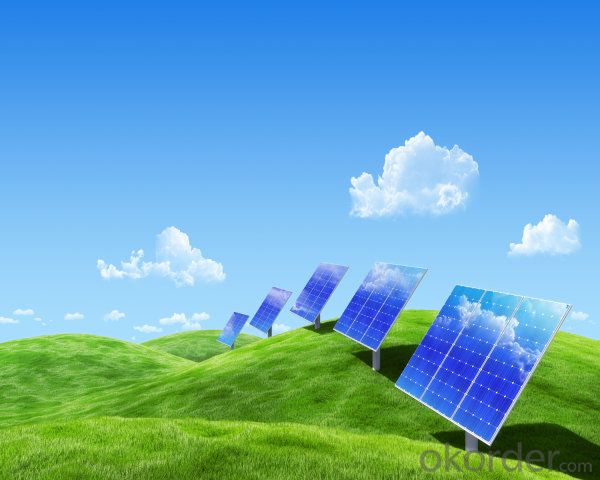
solar panels 280W poly Specification
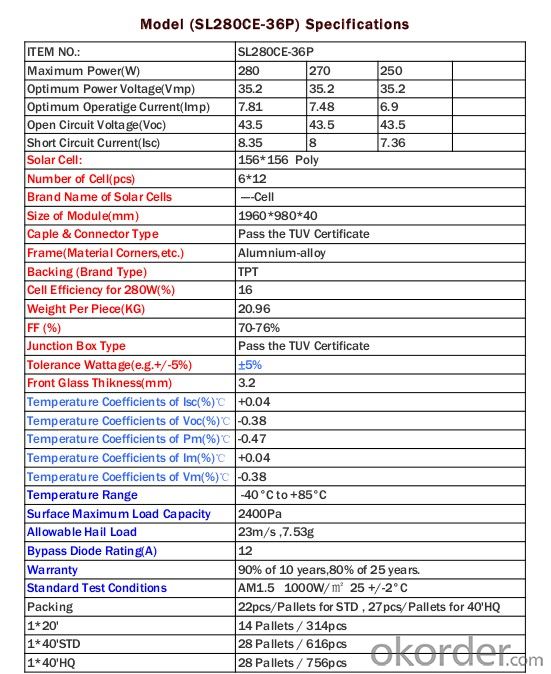
- Q: Can solar cells be used in military vehicles?
- Yes, solar cells can be used in military vehicles. They provide a renewable and sustainable source of energy, reducing dependency on fossil fuels and increasing operational efficiency. Additionally, solar cells can help power various systems and equipment in military vehicles, enhancing their capabilities and reducing logistical challenges in remote or hostile environments.
- Q: How about the solar cell 156mm Mono-Crystalline?
- Solar Cell measure by 156mm is cut based on the special requirements for certain kind of use, but I am not sure what it is used for.
- Q: Can solar cells be used in desert regions?
- Yes, solar cells can be used in desert regions. In fact, desert regions are ideal for solar energy generation due to their high levels of solar radiation and clear skies. The availability of ample sunlight and vast open spaces make deserts well-suited for large-scale solar power installations, such as solar farms or concentrated solar power plants. Additionally, the arid climate in deserts minimizes the risk of cloud cover or rain interfering with solar energy production.
- Q: What is the working principle of a solar cell?
- The simplest way to explain this is : A solar cell converts the sun's energy into electricity.
- Q: What materials are commonly used to make solar cells?
- Silicon is the most commonly used material for making solar cells. Other materials, such as cadmium telluride, copper indium gallium selenide, and perovskite, are also used in certain types of solar cells.
- Q: Can solar cells be used in disaster relief efforts?
- Yes, solar cells can be used in disaster relief efforts. They are a reliable and sustainable source of energy that can provide electricity in areas affected by natural disasters, where power grids may be damaged or non-existent. Solar cells can be used to power emergency lighting, communication systems, medical equipment, and water purification systems, among other essential needs. Additionally, solar energy can be harnessed to charge mobile devices and provide a means of communication and access to information during these critical times. Overall, solar cells are a valuable tool in disaster relief efforts, offering a clean and renewable energy solution to support affected communities.
- Q: What is sun cells technology?
- Sun cells technology effectively absorbs the solar energy, and converts it into electrical energy bu using semiconductor components. Semiconductor silicon, selenium and other materials
- Q: How do solar cells handle shading or obstructions?
- Solar cells are designed to handle shading or obstructions by employing bypass diodes. These diodes allow the current to bypass the shaded or obstructed areas, preventing them from affecting the overall performance of the solar cell.
- Q: What is the lifespan of a solar cell battery?
- The lifespan of a solar cell battery can vary depending on various factors such as usage, quality, and maintenance. On average, a well-maintained solar cell battery can last anywhere from 5 to 25 years. However, advancements in technology and improvements in battery design are continually increasing the lifespan of solar cell batteries.
- Q: Can solar cells be used to power water pumps or irrigation systems?
- Yes, solar cells can indeed be used to power water pumps or irrigation systems. Solar cells convert sunlight into electricity, which can be stored in batteries or used directly to power water pumps. This provides a sustainable and renewable energy source for pumping water for irrigation purposes, even in remote areas without access to the grid.
Send your message to us
6x6 Solar Cells Mono PV Solar Panel with IEC, TUV, CE, CEC 300W
- Loading Port:
- China Main Port
- Payment Terms:
- TT OR LC
- Min Order Qty:
- -
- Supply Capability:
- 10000000000000 watt/month
OKorder Service Pledge
Quality Product, Order Online Tracking, Timely Delivery
OKorder Financial Service
Credit Rating, Credit Services, Credit Purchasing
Similar products
Hot products
Hot Searches
Related keywords
